
Hungary has launched the RAVEN satellite project, a strategic initiative aimed at testing space-based 5G and 6G communications and integrating terrestrial and non-terrestrial networks.
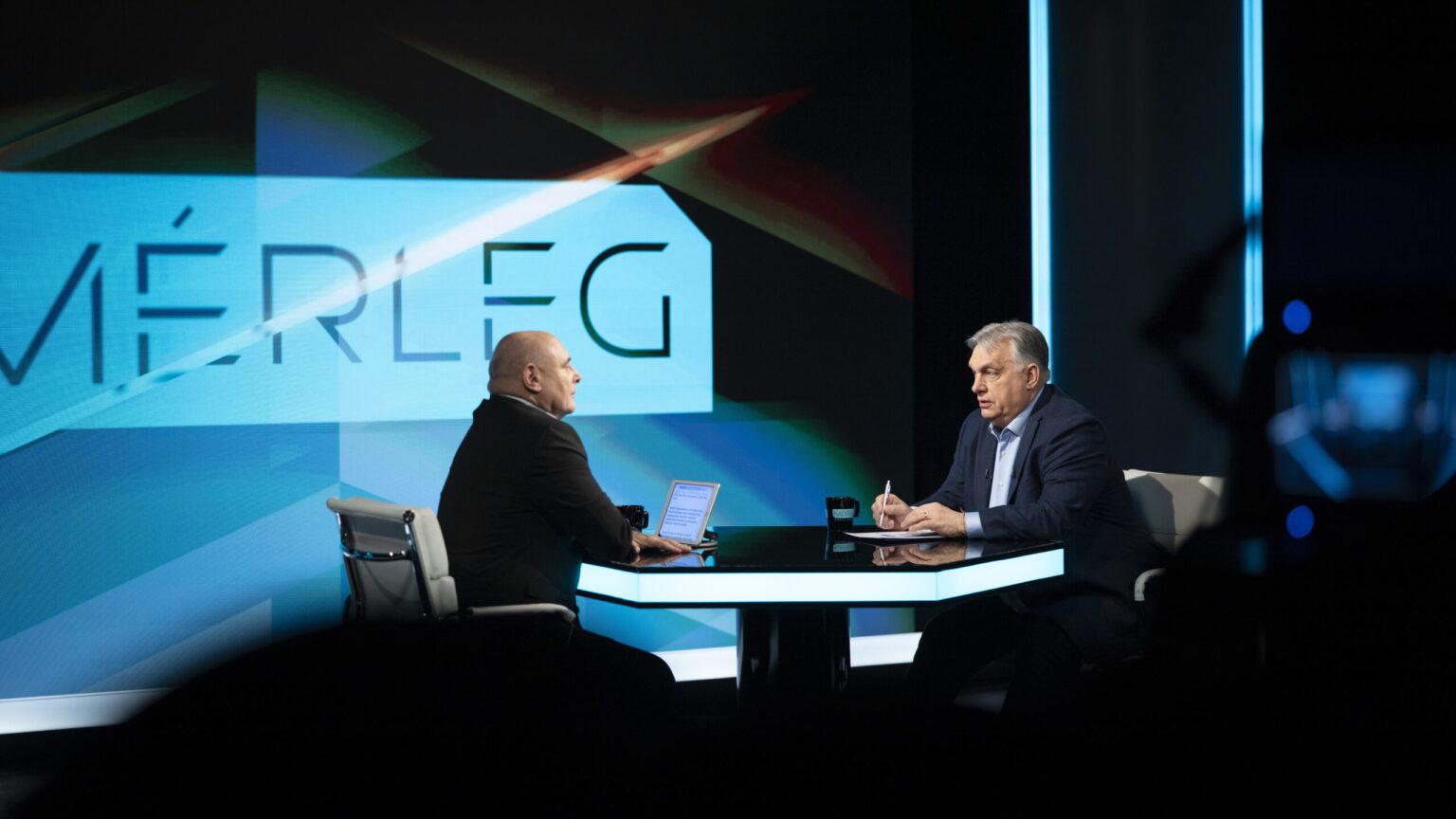
In a recent interview, Viktor Orbán has framed the coming years as a test of Hungary’s ability to remain outside global conflicts, arguing that the country must resist pressure to provide military or financial support as the wars in Ukraine and the Middle East intensify.
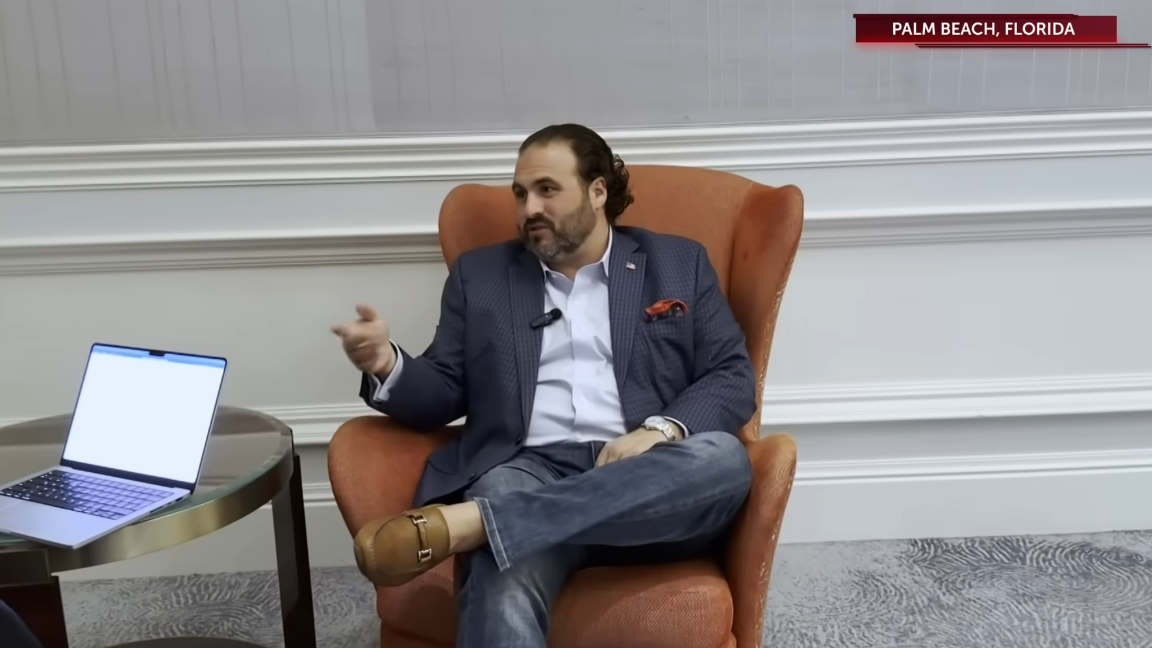
Bryan Leib has recently sat down for an interview with Hungarian political influencer and TV host Stefi Déri, where he talked about the special relationship between US President Donald Trump and Prime Minister Viktor Orbán of Hungary.

The ongoing conflict involving the United States, Israel and Iran could disrupt the supply of key semiconductor manufacturing materials, raising concerns among chipmakers already struggling with global supply bottlenecks.

‘Devoted Mahdists could rise to senior leadership positions within the IRGC [Islamic Revolutionary Guard Corps], bringing under their control the three principal pillars of Iranian power projection: militias across the region, ballistic missile forces, and the nuclear programme itself.’
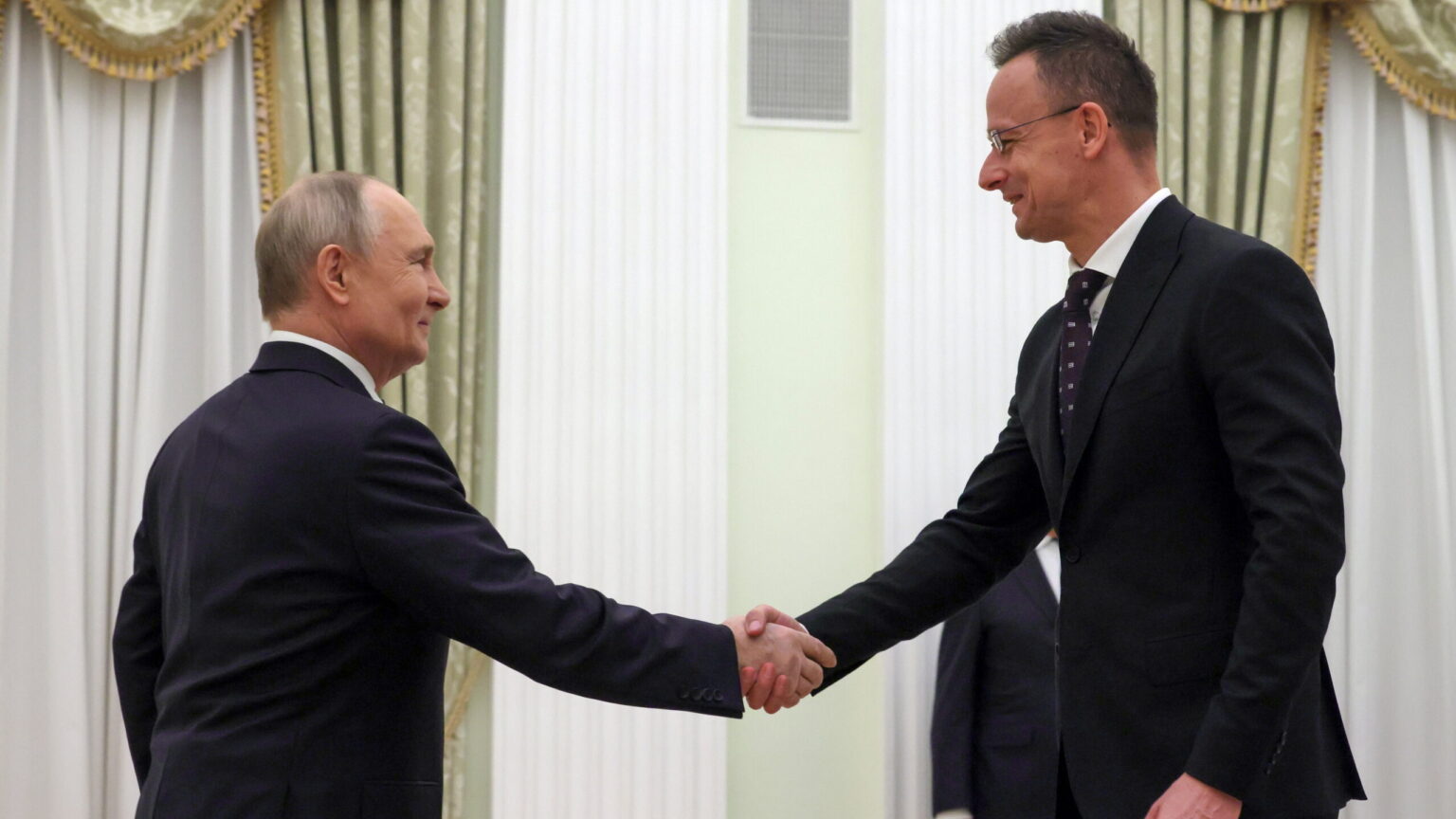
Two Hungarian prisoners of war from Transcarpathia have been released following diplomatic talks between Hungarian Minister of Foreign Affairs and Trade Péter Szijjártó and Russian President Vladimir Putin in Moscow. The discussions also centred on Hungary’s energy security as global markets react to escalating tensions in the Middle East and Ukraine’s blockade of the Druzhba pipeline.

While Khamenei’s death does not automatically mean the collapse of the regime, it is nevertheless a severe blow to the Islamic Revolution.

US Secretary of War Pete Hegseth announced that an American submarine has sunk an Iranian warship near Sri Lanka, marking the first time since World War II that an enemy vessel has been destroyed by torpedo.
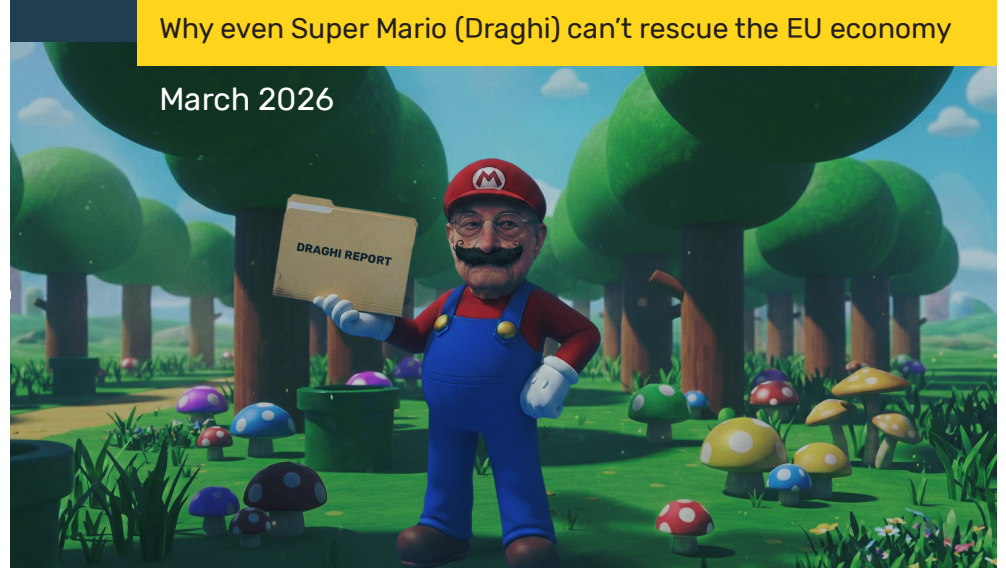
MCC Brussels warns the EU faces a decades-long productivity collapse, not a temporary competitiveness gap. Its new report argues Brussels is misdiagnosing the crisis, relying on subsidies and central planning while ignoring structural issues like low investment, overregulation, and high energy costs—thus risking long-term economic decline.
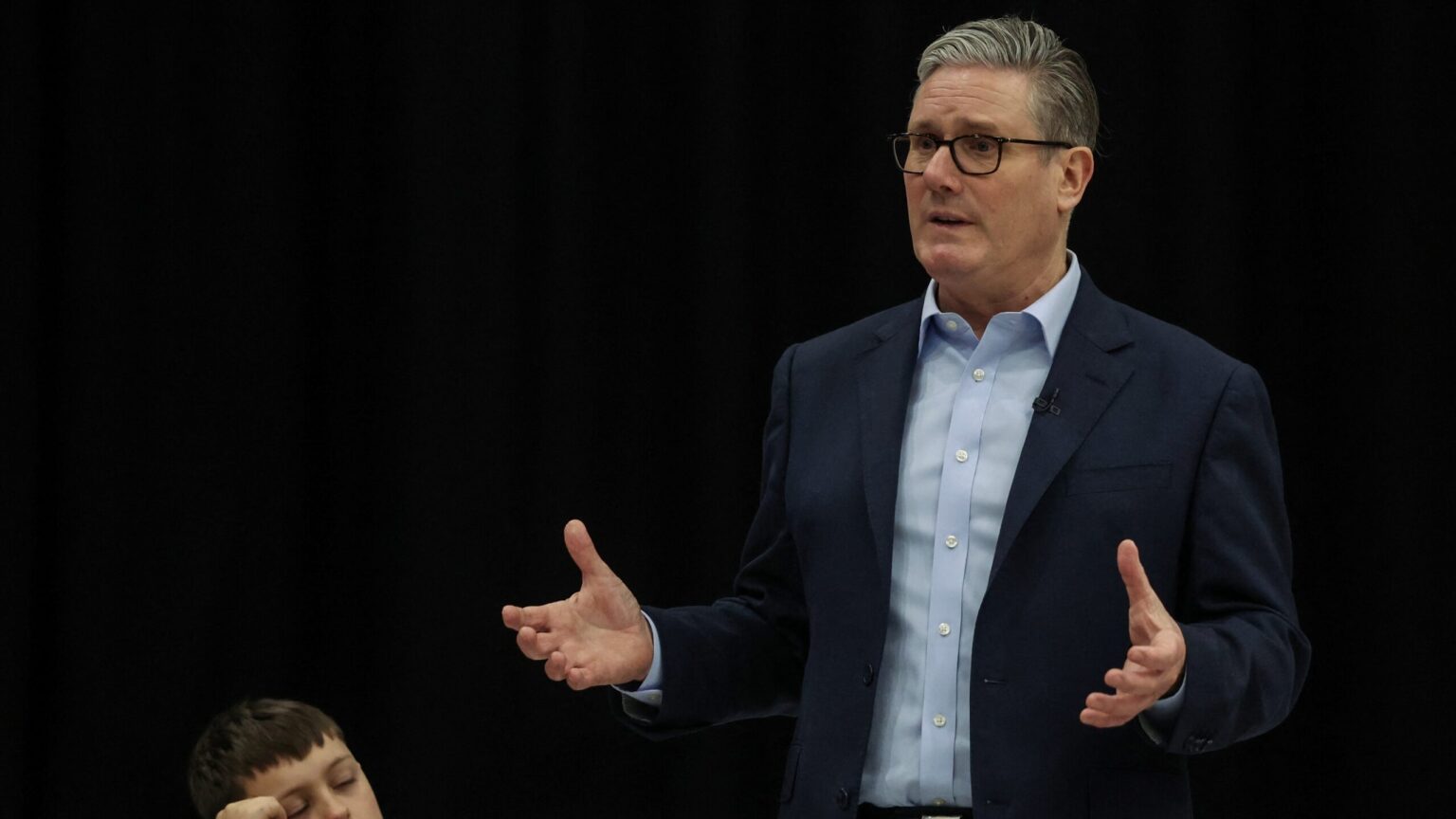
Keir Starmer is facing growing criticism after praising Muslims as ‘the face of modern Britain’ and stressing that the UK was not involved in the US–Israeli strikes on Iran. His remarks at a Ramadan iftar ceremony quickly triggered accusations that the prime minister was ‘bending over’ to court Muslim voters.

The number of registered jobseekers in Hungary fell to 225,994 in February 2026, more than 6,000 fewer than a year earlier, as the government highlighted low unemployment and expanded employment support programmes.
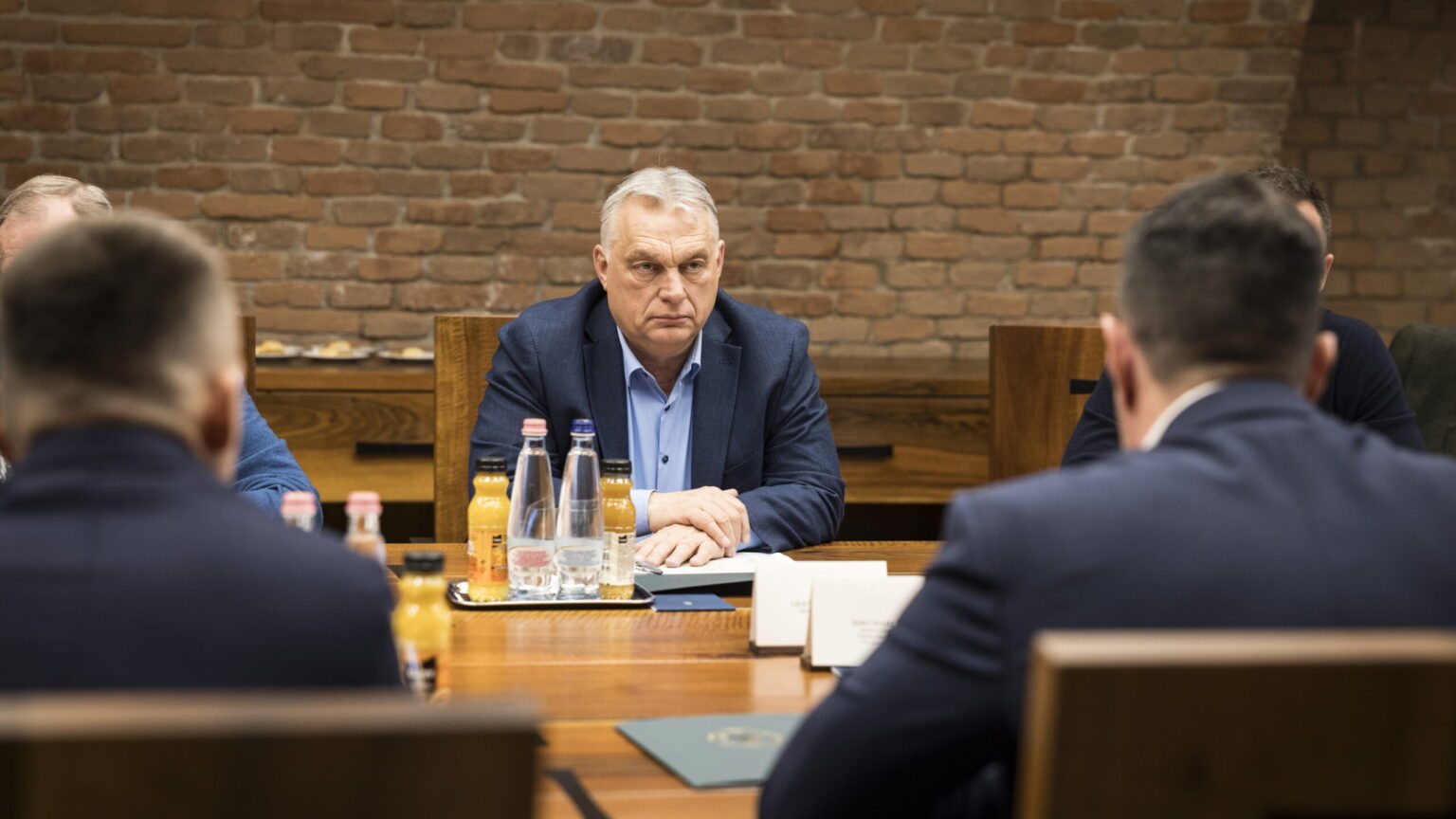
A new poll by US-based McLaughlin & Associates suggests Viktor Orbán’s Fidesz–KDNP alliance would win Hungary’s parliamentary election if it were held this Sunday, contradicting several opposition-leaning surveys and highlighting energy security as a decisive issue in the final weeks of the campaign.

Hungarian authorities have confirmed that the tax office is investigating suspicious business dealings linked to a former company of Márk Radnai, vice president of the Tisza Party, following a complaint alleging fraud, fictitious invoices and the use of homeless intermediaries.

‘Crude oil prices jumped on international commodity markets. A barrel of West Texas Intermediate (WTI) crude oil rose from around $67 on 27 February to $77.44 on 3 March. Since yesterday, its price has dropped and stabilized at roughly $75–$76. Thus, it seems that the $119-per-barrel crisis seen after the Russian invasion of Ukraine has been averted.’
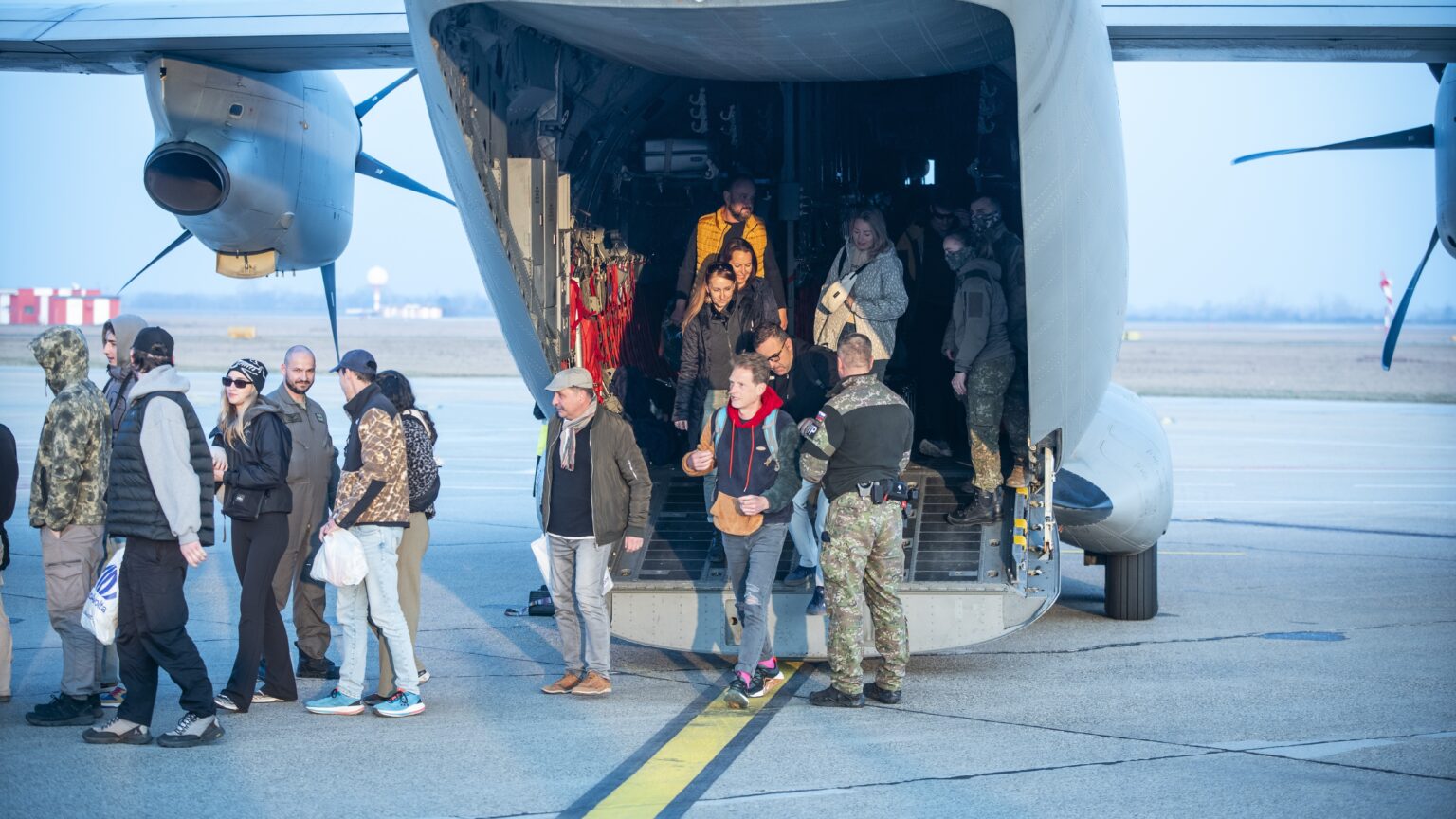
Hungary has launched its first evacuation flight to Jordan to bring home citizens stranded in the Middle East due to the ongoing conflict and widespread airspace closures across the region.
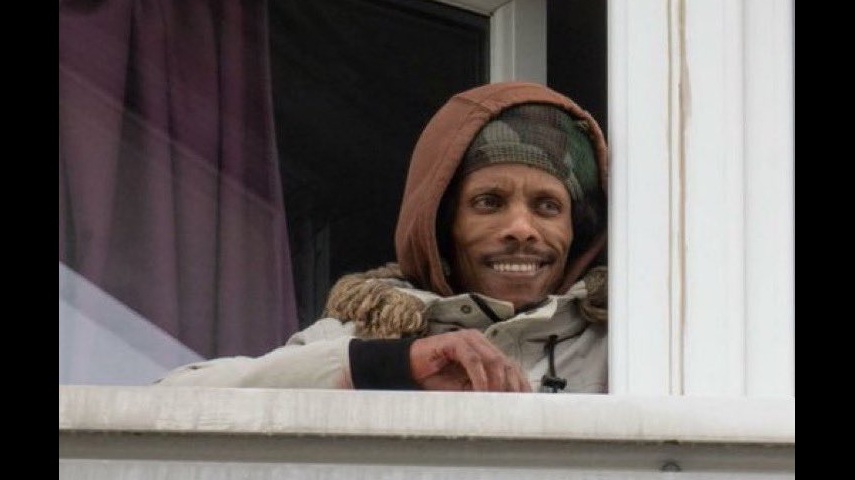
A man stabbed two people near the Sighthill Primary School in Edinburgh, United Kingdom. After the attack, he barricaded himself inside a nearby building, which led to an eight-hour stand-off with Police Scotland. During the incident, he was photographed smiling through a window.
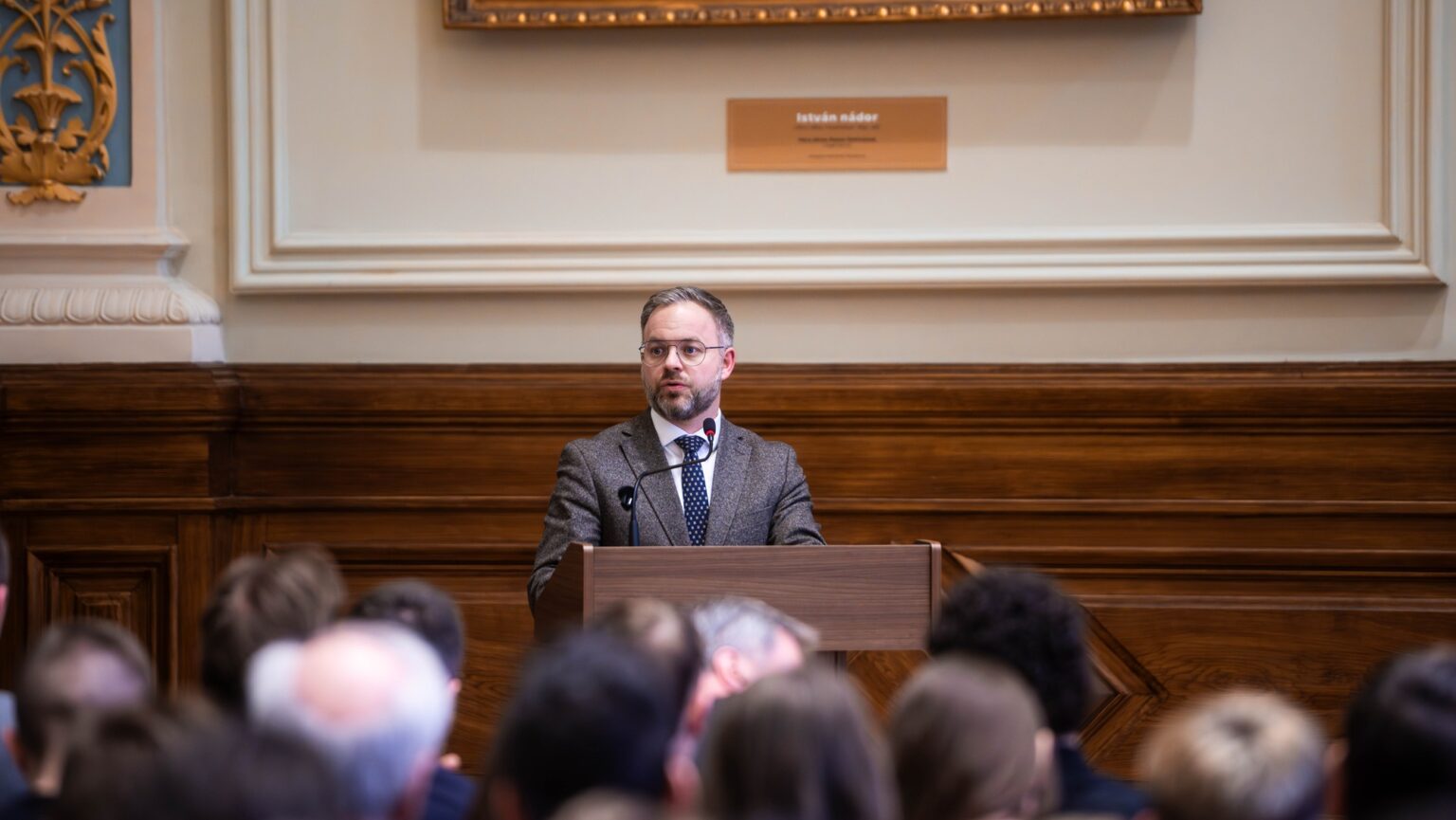
To celebrate the 15th anniversary of its foundation, the Ludovika University of Public Service is hosting a series of events. At the first of such events, Balázs Orbán spoke of Hungary’s role in the new system of geopolitics, in the midst of the war in Ukraine, ongoing for four years, and the recently erupted war in Iran.
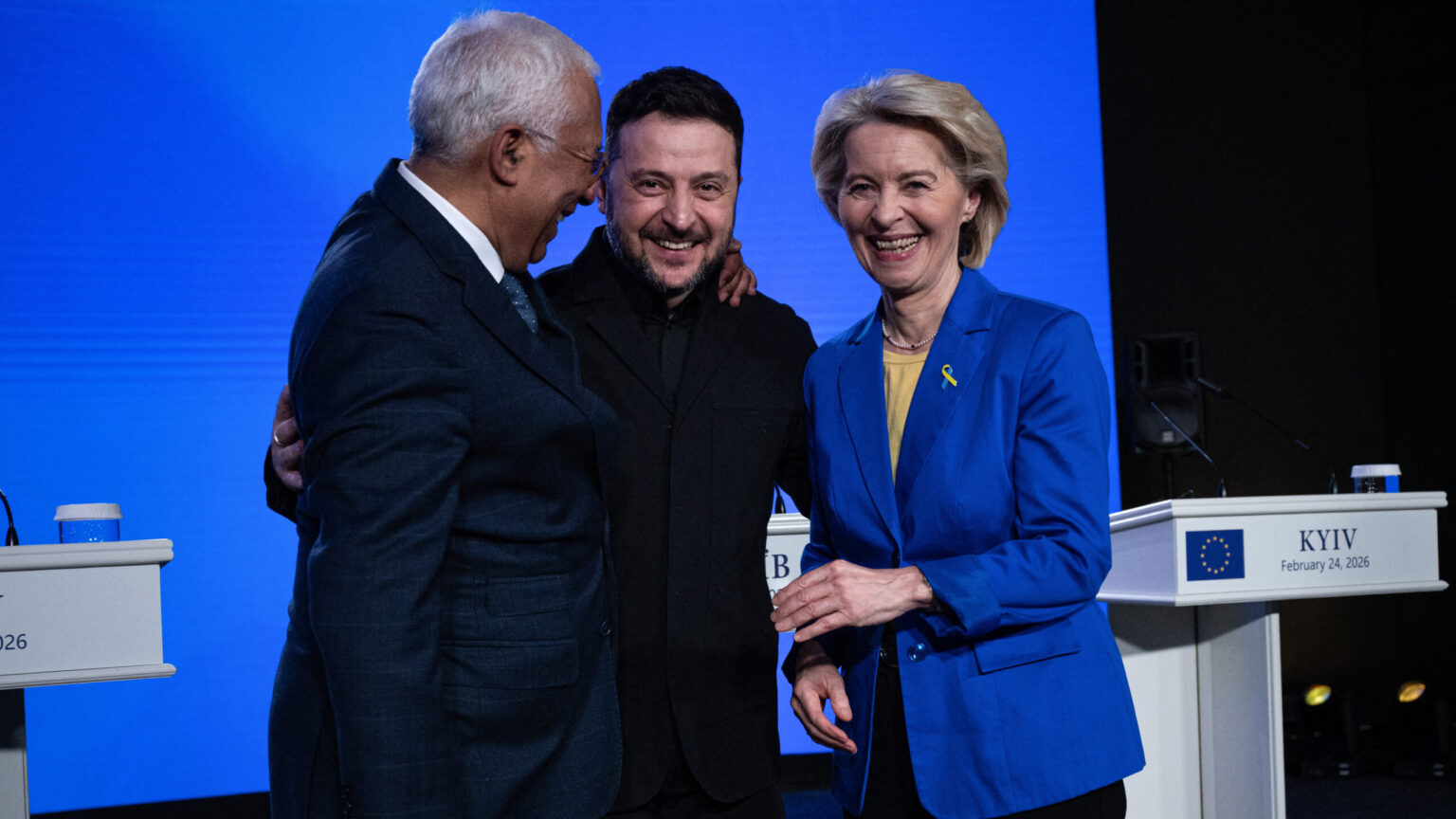
Ukraine reportedly denied EU leaders access to the Druzhba pipeline during their Kyiv visit, according to diplomats cited by the Financial Times, deepening an already fraught dispute over halted oil transit that has become central to Hungary’s election campaign.

Graphics card shortages and rising prices are expected to continue as Nvidia warns that supply constraints tied to the global memory shortage could affect gaming hardware availability well into the coming year.
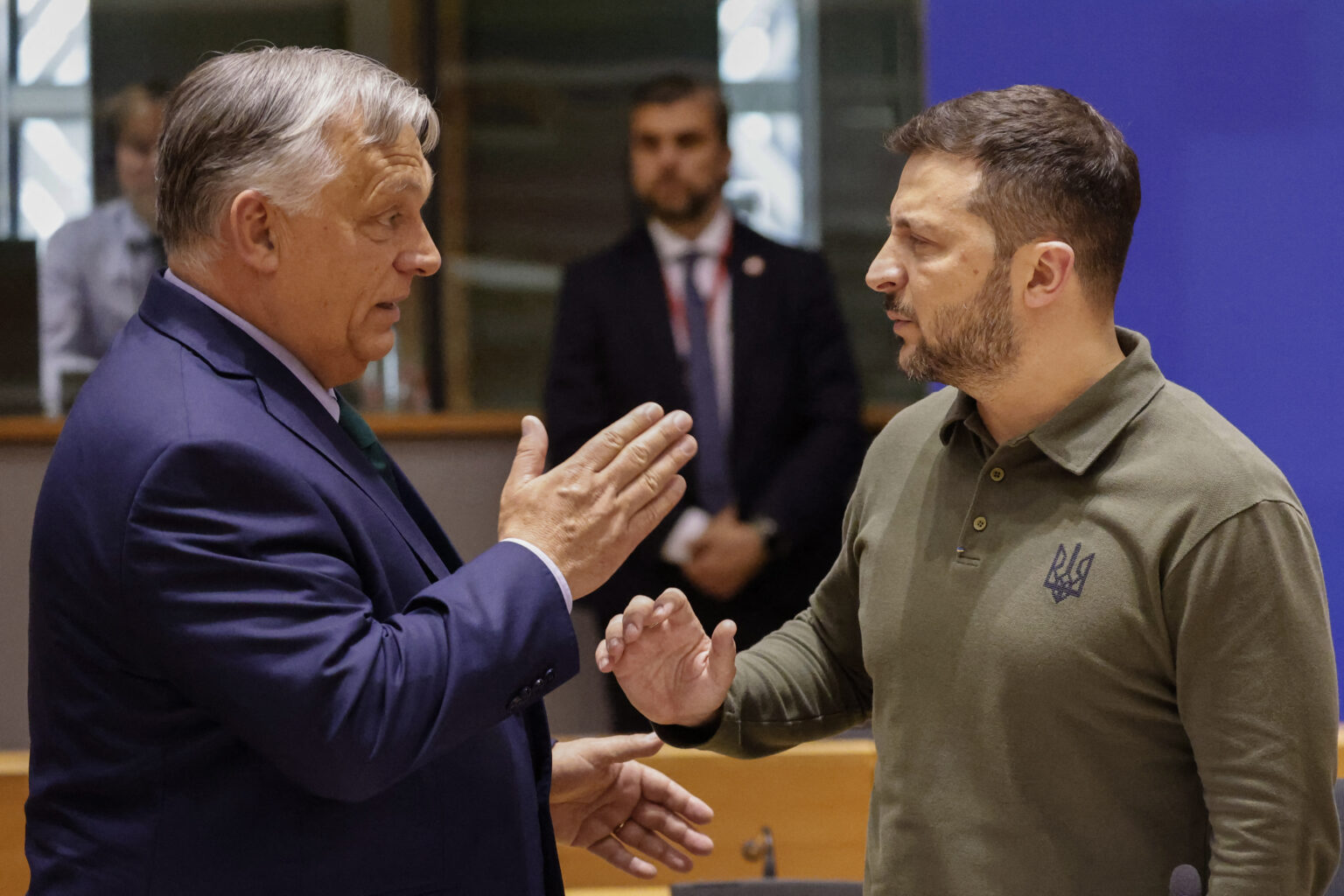
Ukrainian President Volodymyr Zelenskyy has openly weighed in on Hungary’s upcoming parliamentary election, expressing confidence that Viktor Orbán will be defeated and that relations can then be ‘normalized’.
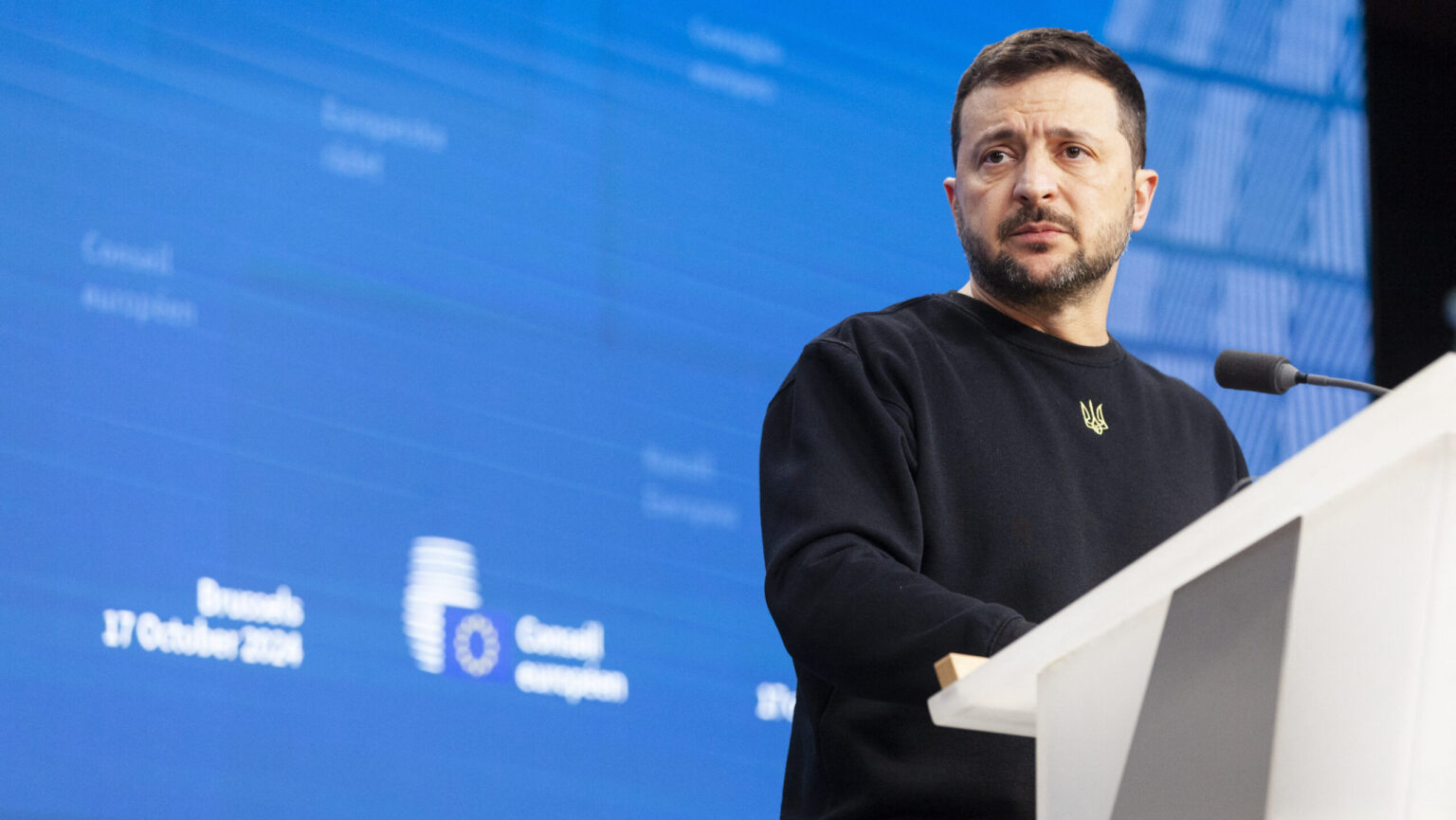
Volodymyr Zelenskyy bluntly claimed that Ukraine has no intention whatsoever of restarting oil transit through the Druzhba pipeline, placing Hungarian and Slovak energy security in serious jeopardy. Viktor Orbán responded by calling on the European Commission to enforce treaty obligations on Kyiv.
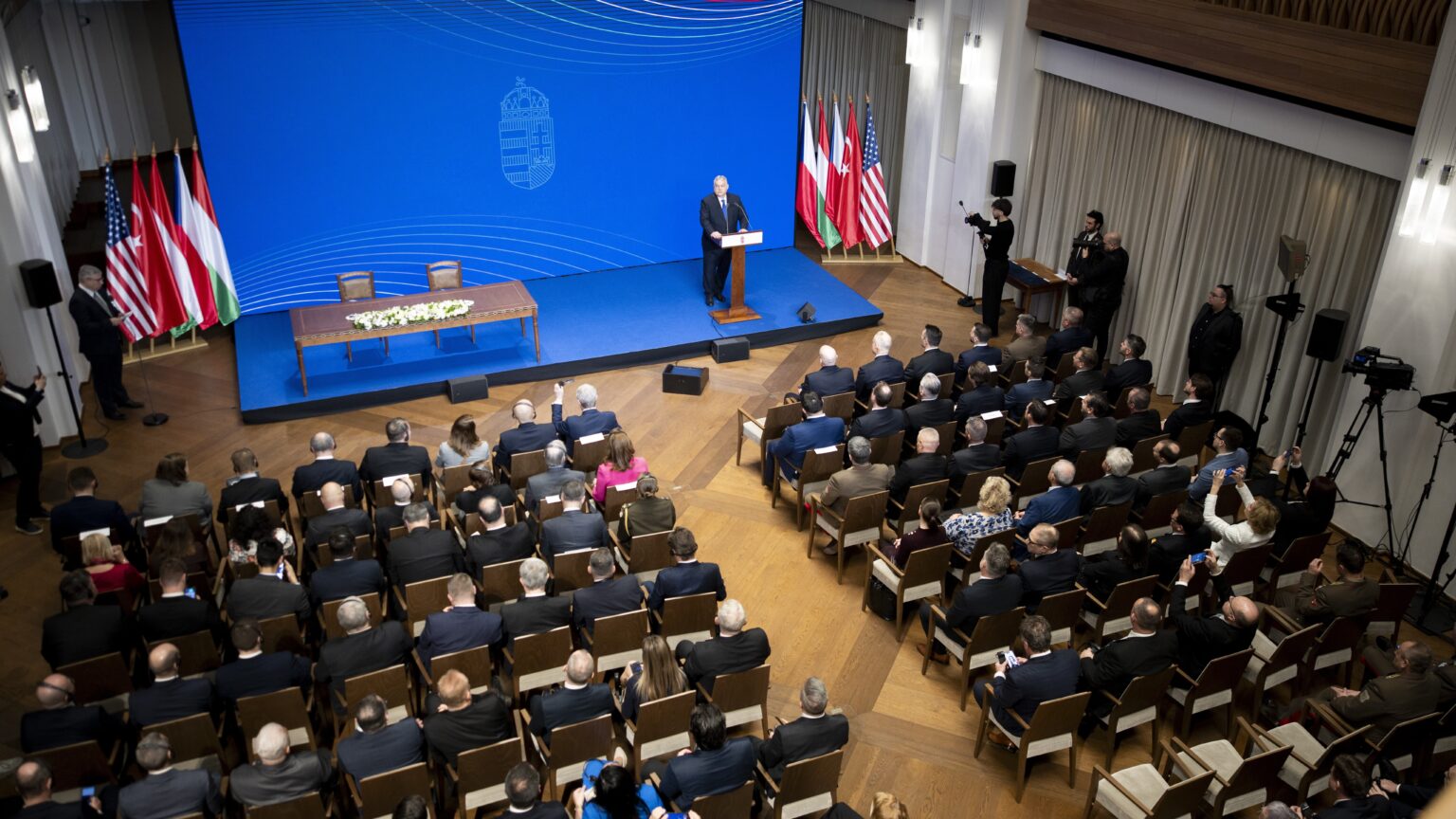
Hungarian Prime Minister Viktor Orbán said Central European cooperation is essential for strengthening regional industry and security, as Hungarian and Czech defence companies announced a long-term strategic partnership in Budapest.

According to a recently published HIIA analysis, EU sanctions on Russian energy have already contributed to 5.4 million job losses, with long-term risks exceeding 30 million positions. The report highlights surging energy prices, weakened industrial competitiveness, and mounting economic strain across Europe.
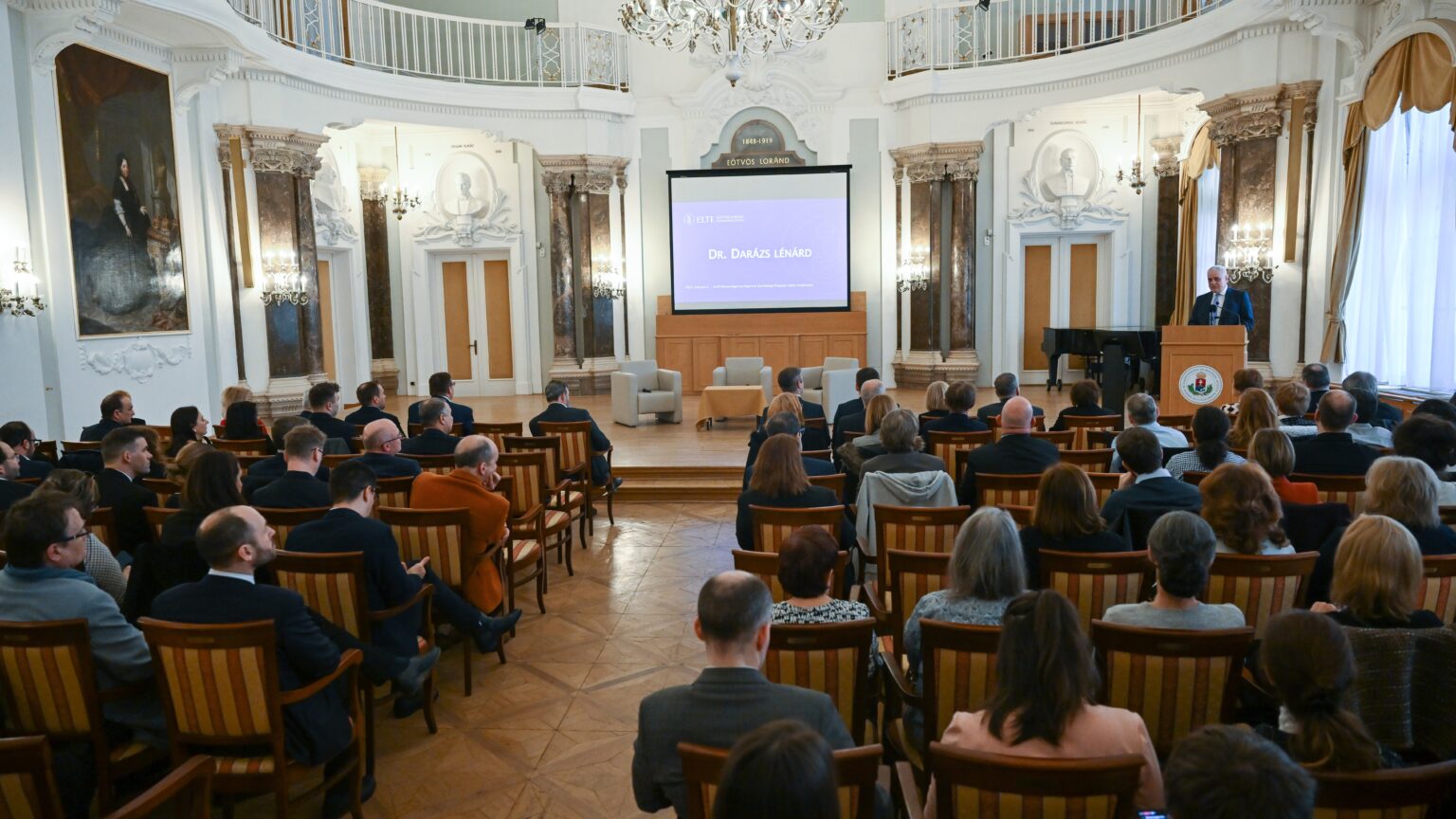
Eötvös Loránd University has launched a flagship artificial intelligence programme aimed at expanding research, education and innovation, as officials say Hungary already ranks among the world’s top users of AI technology.
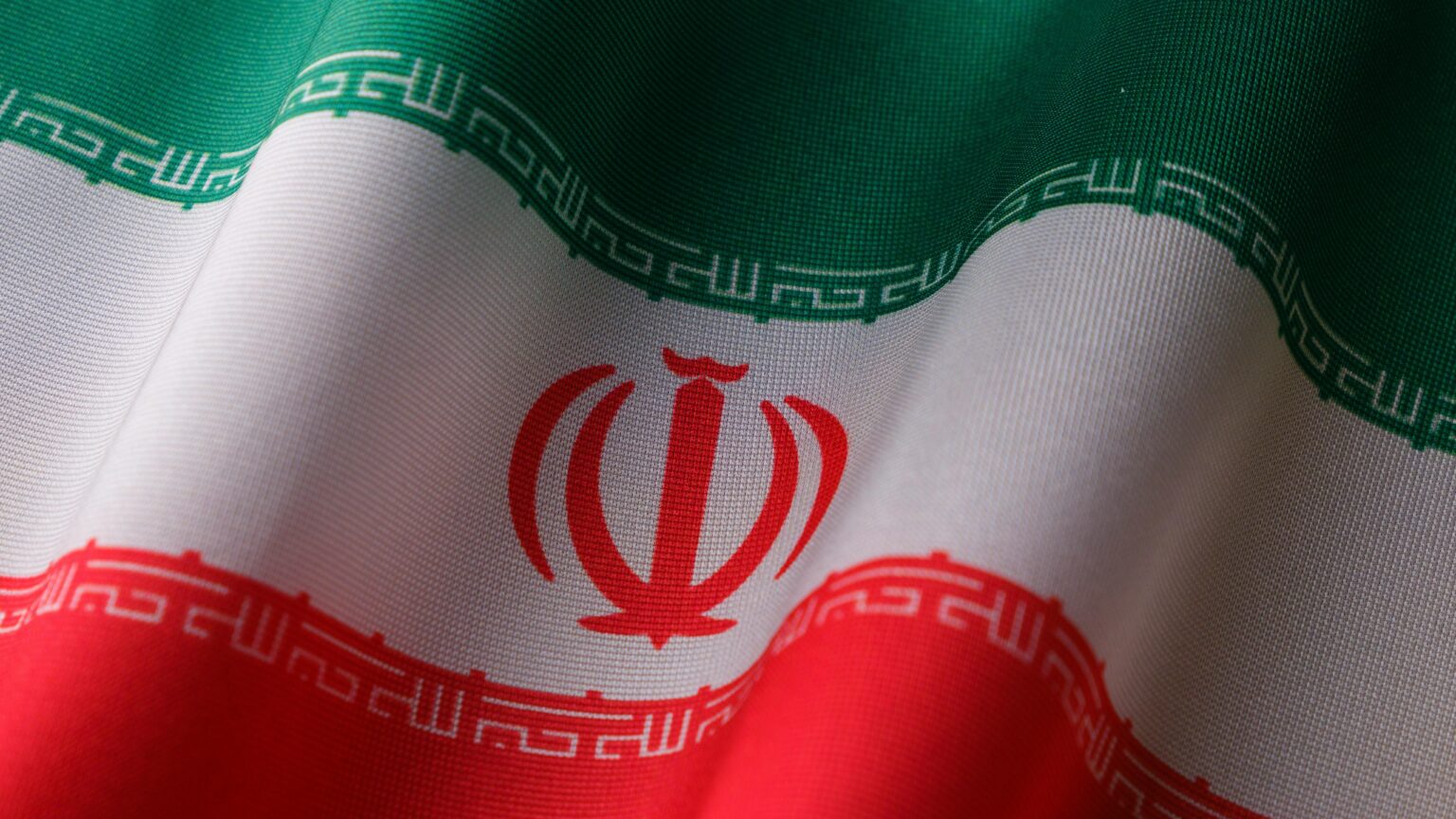
‘So long as Hungarian voters understand the magnitude of the problems facing their country, they will no doubt see the wisdom of entrusting leadership to experienced managers like Fidesz rather than amateur upstarts like Tisza, who have already shown themselves willing to allow the Druzhba pipeline to be weaponized simply to win an election.’

A Puskás Akadémia–Nyíregyháza Spartacus Hungarian league game was paused to let two fasting Muslim players break Ramadan at sunset—an unusual but respectful moment in Hungarian football. Unlike recent incidents in the Premier League, the crowd reacted with quiet acceptance.

As global energy markets spiral in the wake of the crisis in Iran, Hungary faces a compounded challenge just weeks before its parliamentary election, with Ukraine’s blockade of the Druzhba pipeline threatening supply stability. The timing is politically charged, placing energy security at the centre of the campaign.
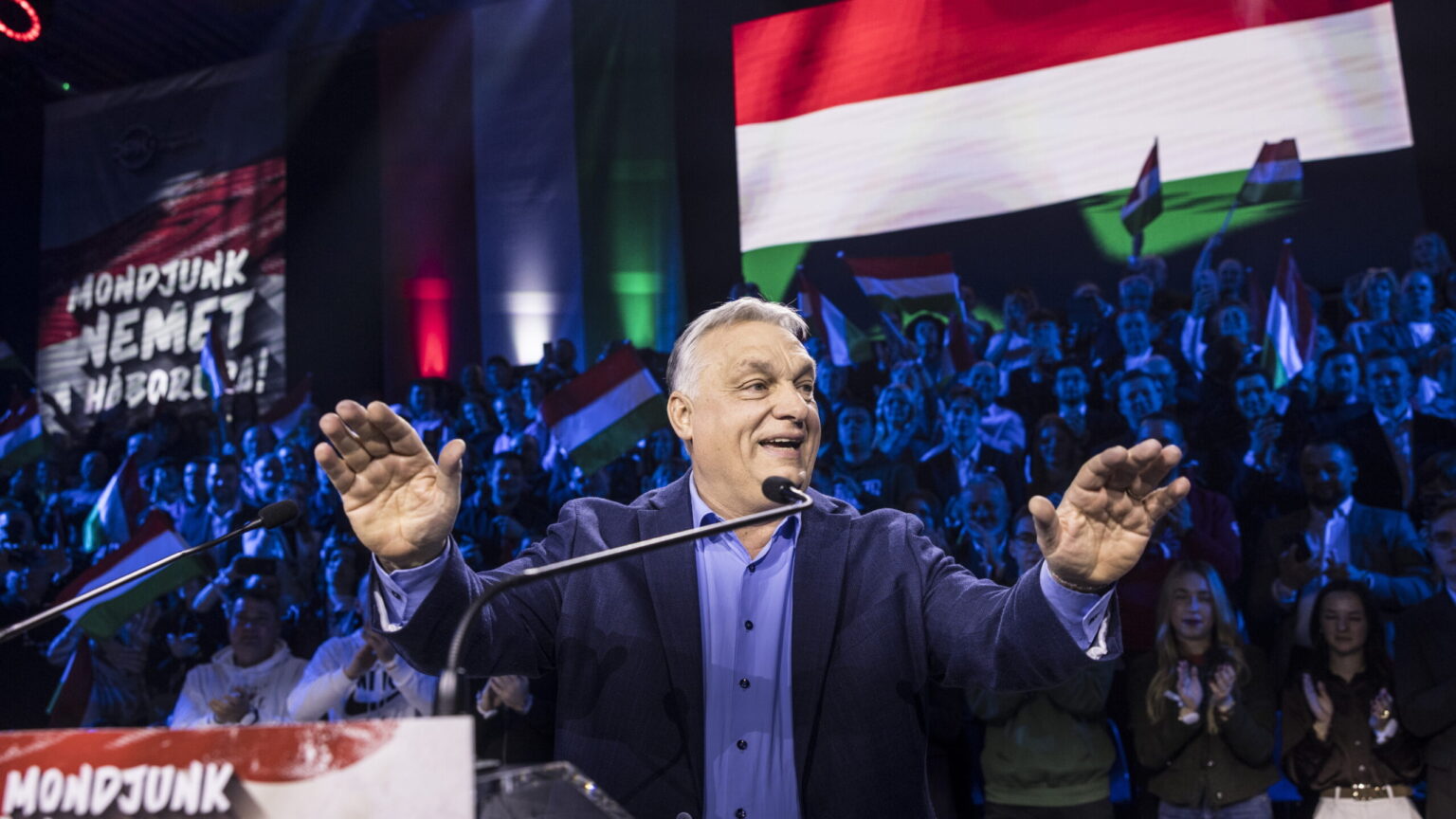
A bizarre opinion piece published by The Telegraph claims that Hungarian Prime Minister Viktor Orbán is preparing for a coup in the event of an electoral defeat, relying on speculative arguments and political assumptions rather than verifiable facts. The article, authored by former opposition MP Zoltán Kész, reflects a broader pattern of narratives seeking to delegitimize Hungary’s democratic process while simultaneously preparing the ground for a possible electoral defeat in April.
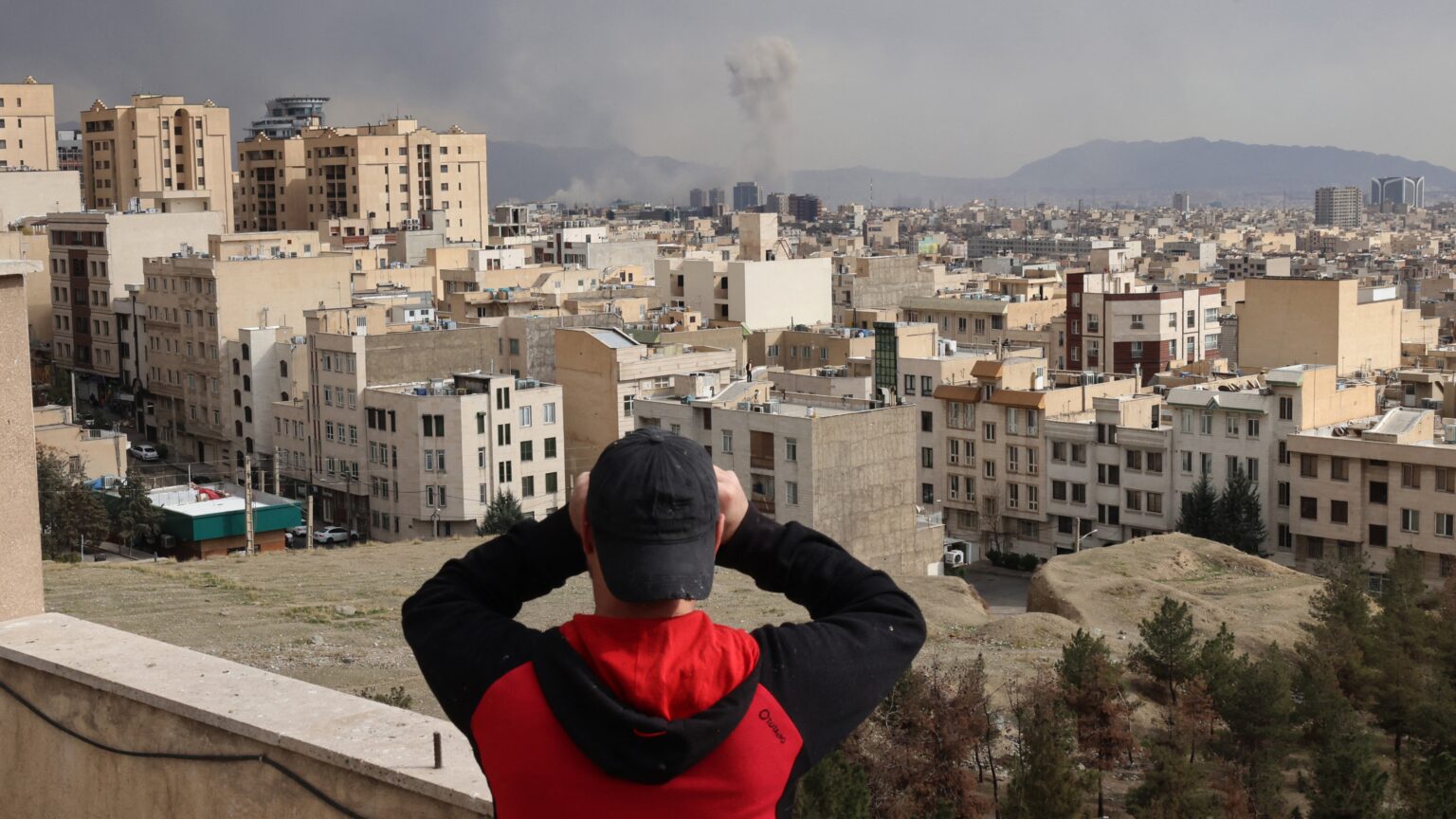
‘In the longer term, an Iran that is preoccupied with its own severe domestic problems—trying to avoid elite fragmentation and consolidate new leadership, or even move toward a more consultative system with less clerical influence and more power sharing—will lack the energy and resources to meddle in the region.’

Hungarian Prime Minister Viktor Orbán said satellite imagery shows the Druzhba oil pipeline is operational and urged Ukrainian President Volodymyr Zelenskyy to immediately restart oil shipments and allow international inspectors.